A recent report by the United States Institute of Peace (USIP) stresses that the U.S. must improve its policies regarding critical minerals in Africa. The report suggests that the U.S. needs to strengthen its presence in African mining regions. It also advocates forming partnerships and making investments to reduce geopolitical risks.
U.S. Reliance on Foreign Critical Minerals

The report highlights a major concern: the U.S. heavily relies on imports for critical minerals. With almost 100% dependence on foreign sources, especially China, for these vital materials, the U.S. must seek out new, sustainable sources.
World Affairs
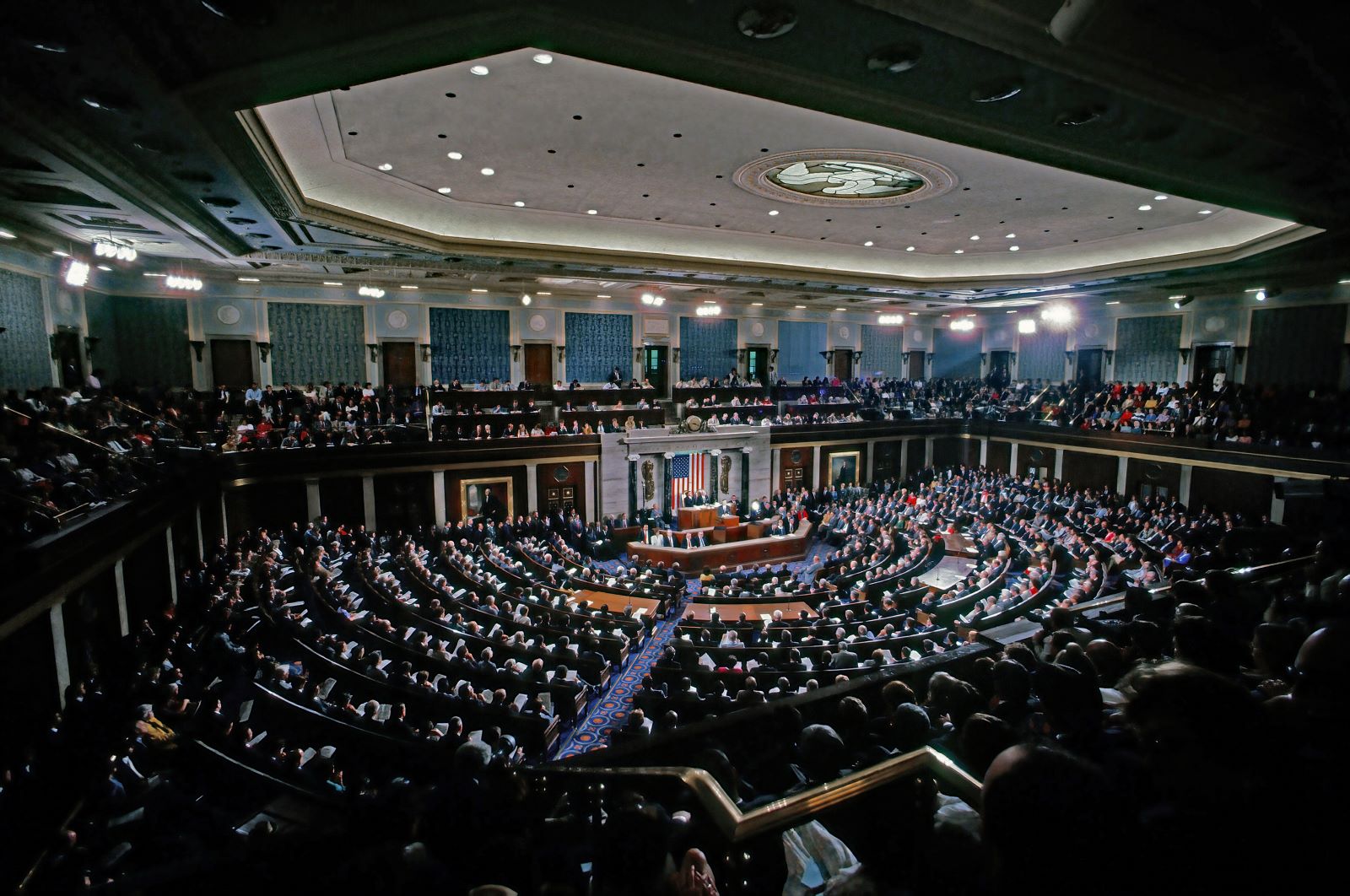
Even though the Biden administration and Congress are trying to help U.S. companies in Africa, competitors like China and the Gulf States still have a lot of influence over the control of mineral markets in Africa.
Understanding Between Countries

Following the U.S.-Africa Leaders Summit in 2022, the U.S., the Democratic Republic of Congo (DRC), and Zambia entered into an agreement to establish a resilient supply chain for electric vehicle batteries. They aim to bolster the supply chain by leveraging the DRC’s cobalt resources and Zambia’s copper production.
Cobalt in the DRC

The Democratic Republic of Congo (DRC) plays a crucial role in the global cobalt market, accounting for over 70% of the world’s cobalt production. This underscores the significance of fostering beneficial partnerships to promote sustainable mining practices and develop robust supply chains.
Zambia’s Copper Industry
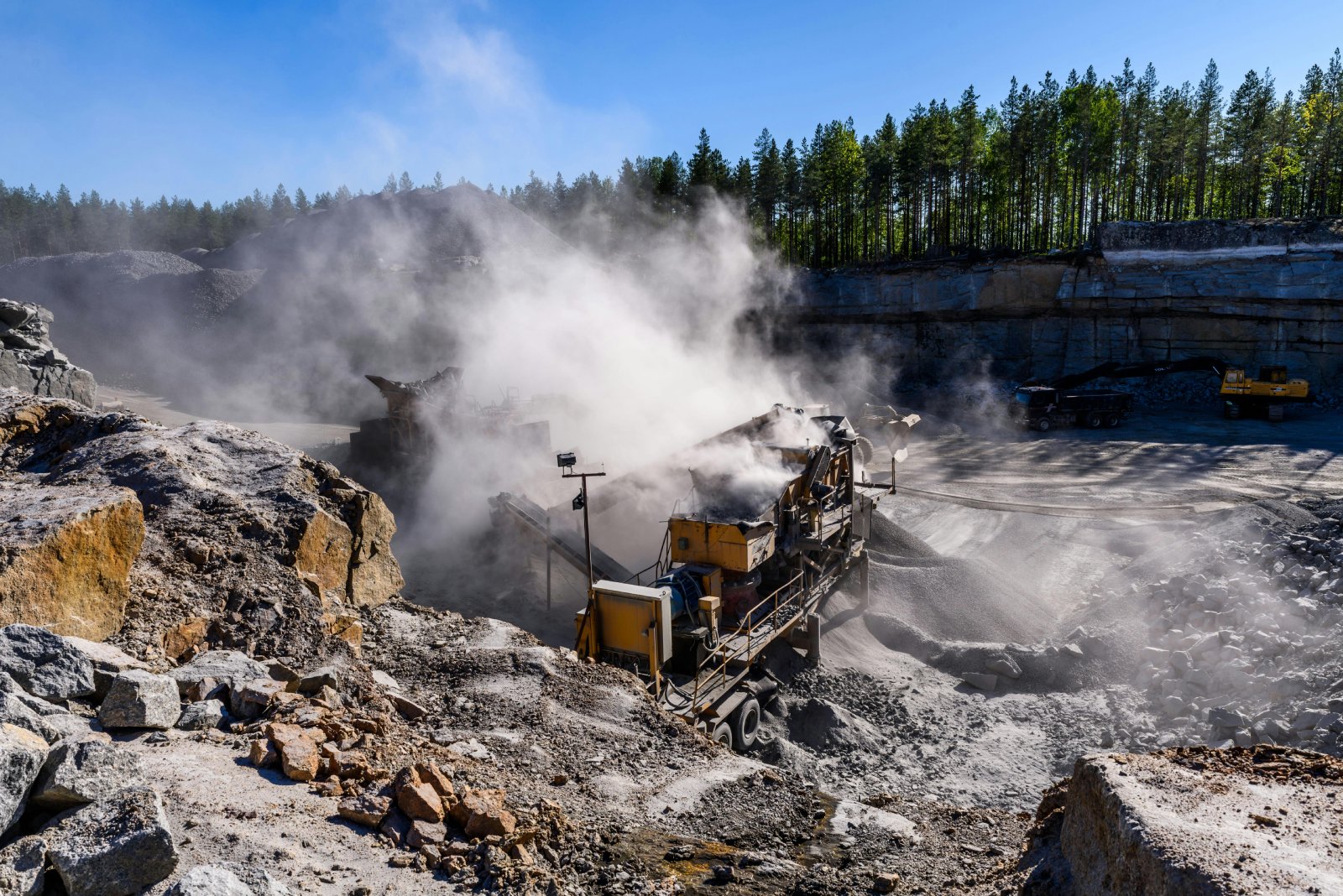
Zambia ranks as the sixth-largest copper producer globally and is a significant supplier of cobalt in Africa. With its prominent position in the mining sector, Zambia presents numerous opportunities for collaboration on critical mineral supply chains.
Reopening Consulate in Lubumbashi

Lubumbashi, located in the Democratic Republic of Congo (DRC), is crucial for the mineral wealth of Katanga Province. The idea to re-open a U.S. consulate there shows a renewed commitment to building stronger ties with key mining centers in the DRC.
The Role of Gécamines

Gécamines, the Congolese state mining company, has its headquarters in Lubumbashi. Building partnerships with entities like Gécamines could facilitate knowledge sharing and collaboration in the mining sector.
Leveraging U.S. Development Programs
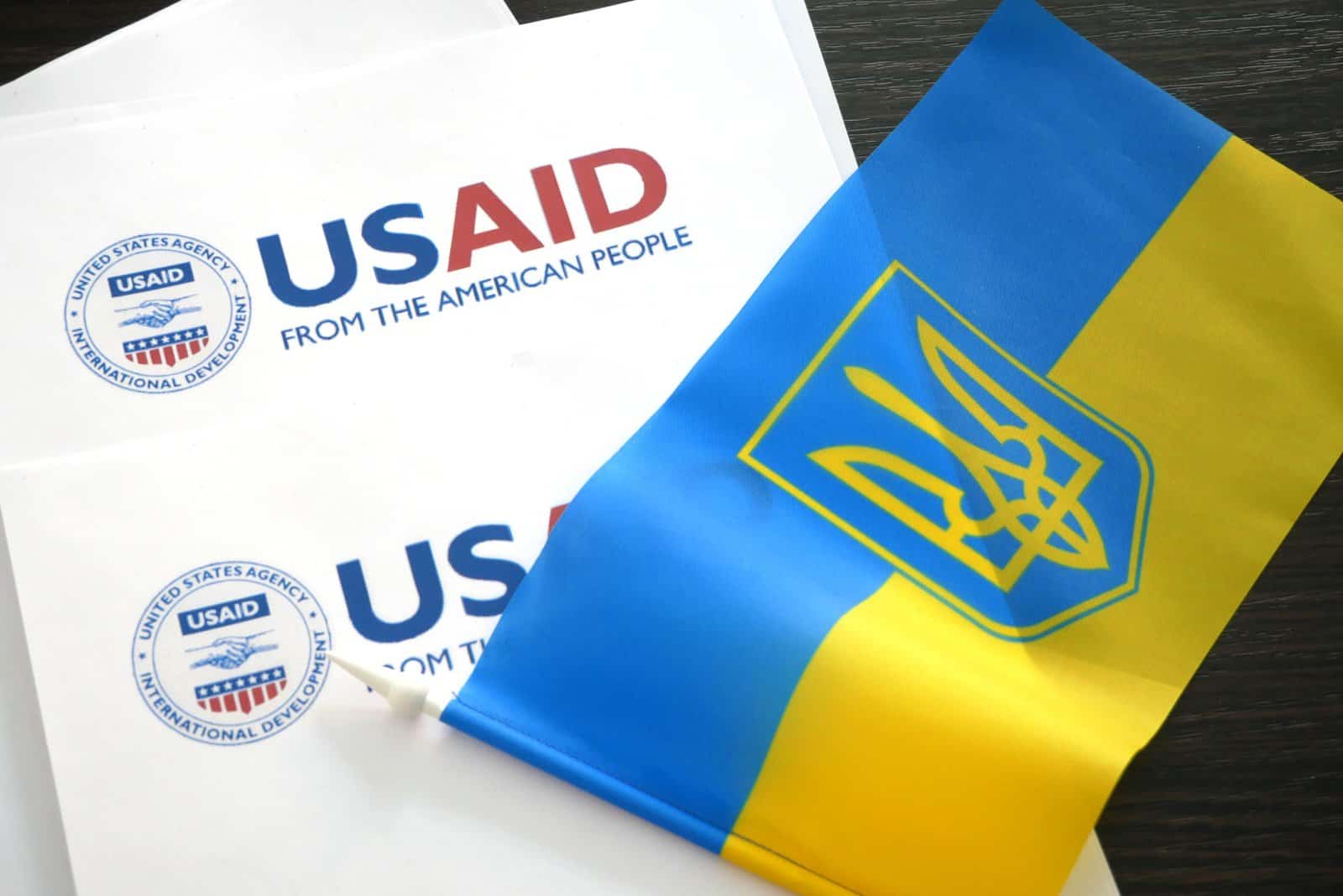
The USIP report recommends leveraging programs administered by the U.S. Agency for International Development (USAID) to bolster initiatives in African nations that prioritize adherence to the rule of law and the promotion of transparent financial practices.
The Minerals Security Partnership (MSP)
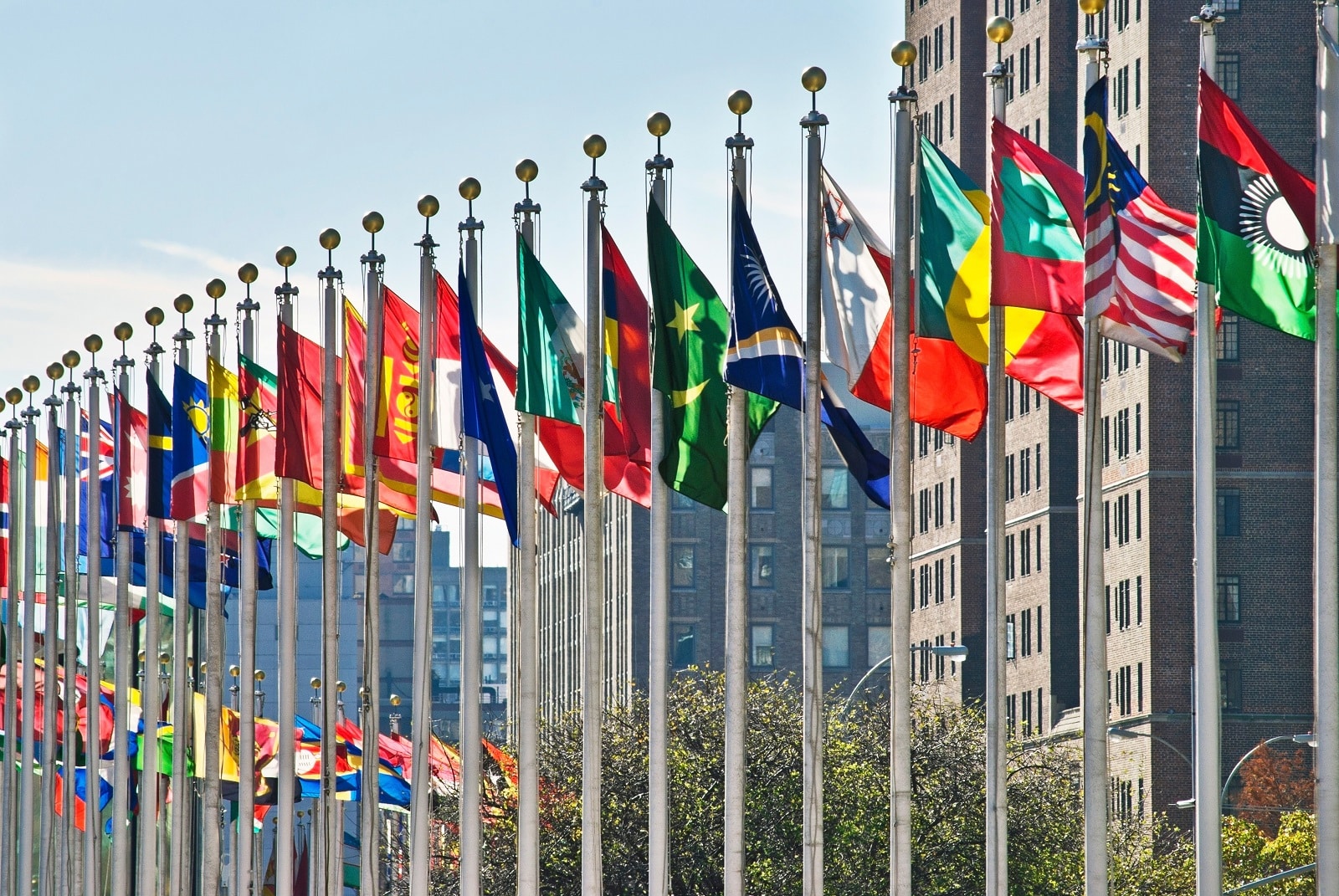
In 2022, the Minerals Security Partnership (MSP) was initiated as a collaborative effort among 14 countries and the European Union.
The MSP endeavors to enhance global resilience by fostering public and private investments in supply chains, mitigating risks, and bolstering supply chain stability.
MSP Projects and Their Global Reach

The countries involved in MSP collectively represent over half of the world’s total GDP. Under this partnership, 23 projects related to extracting and processing various critical minerals are being supervised.
Putting Vision Into Action
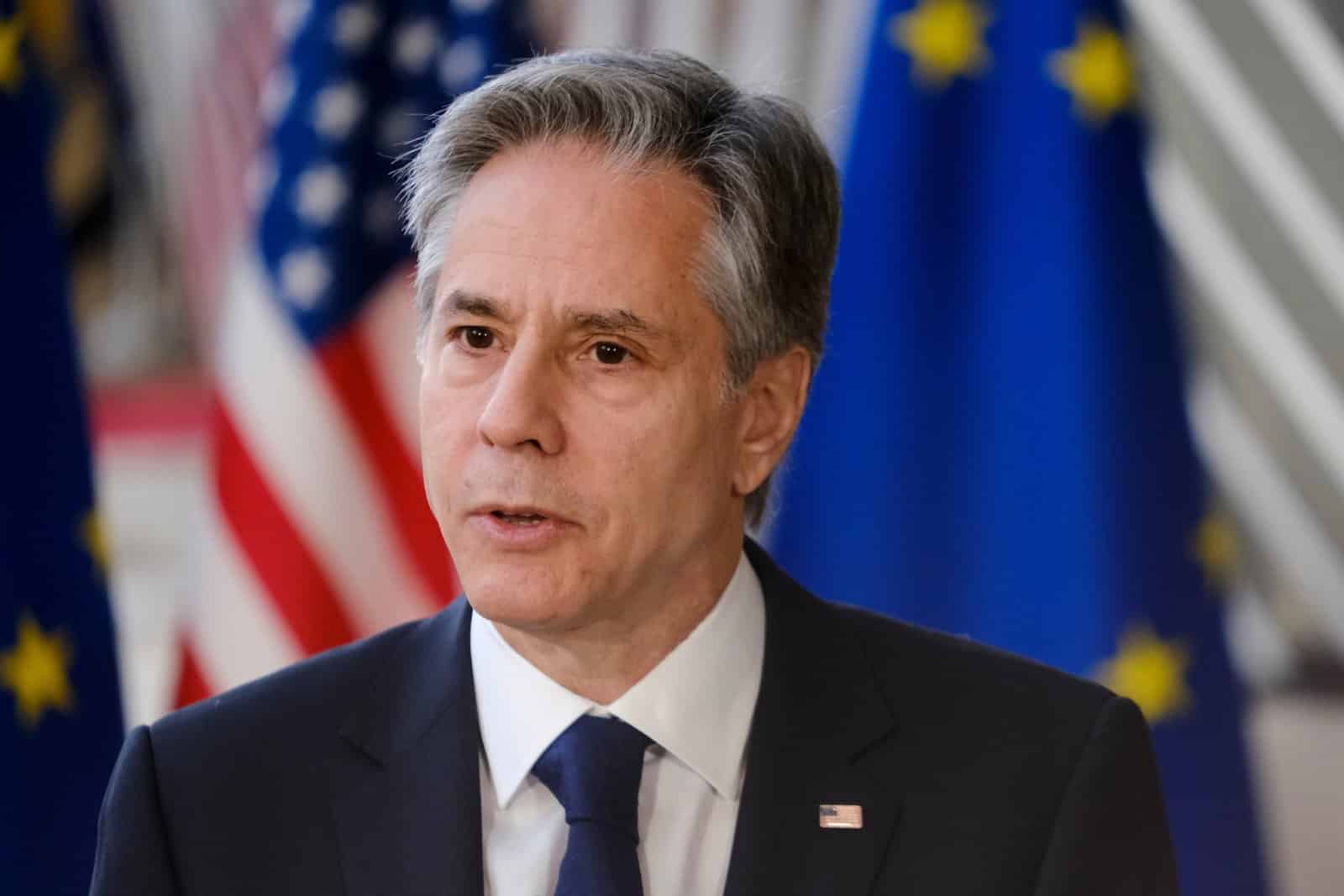
Antony Blinken, U.S. Secretary of State, stresses the growing need for essential minerals like lithium, graphite, cobalt, and nickel. He emphasized the need to act now to secure enough supply for the future.
Environmental and Economic Imperatives
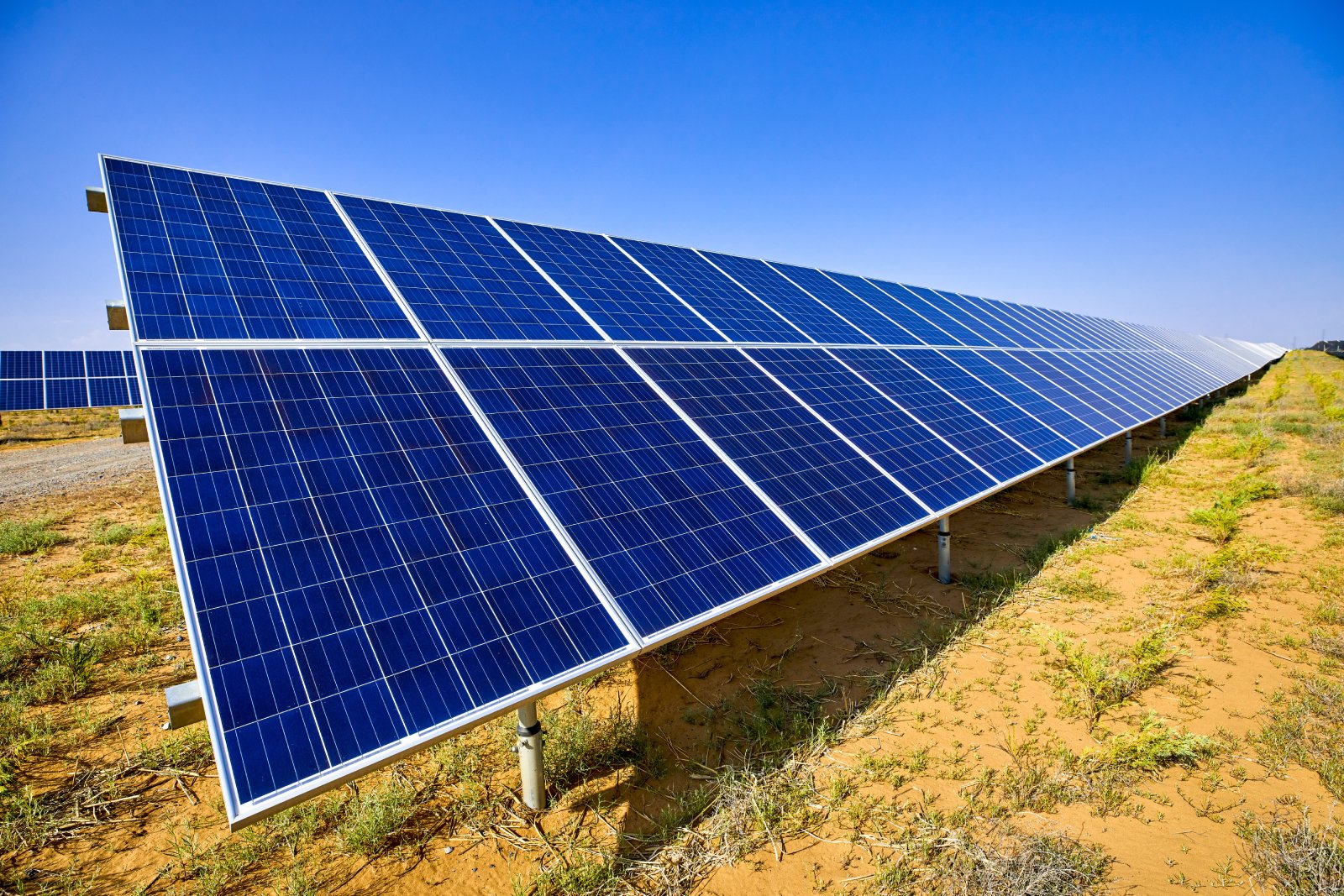
Switching to clean energy technology is about more than just money; carefully managing supply chains carefully is vital to achieving long-term economic and environmental goals.
Advancing Through Innovation
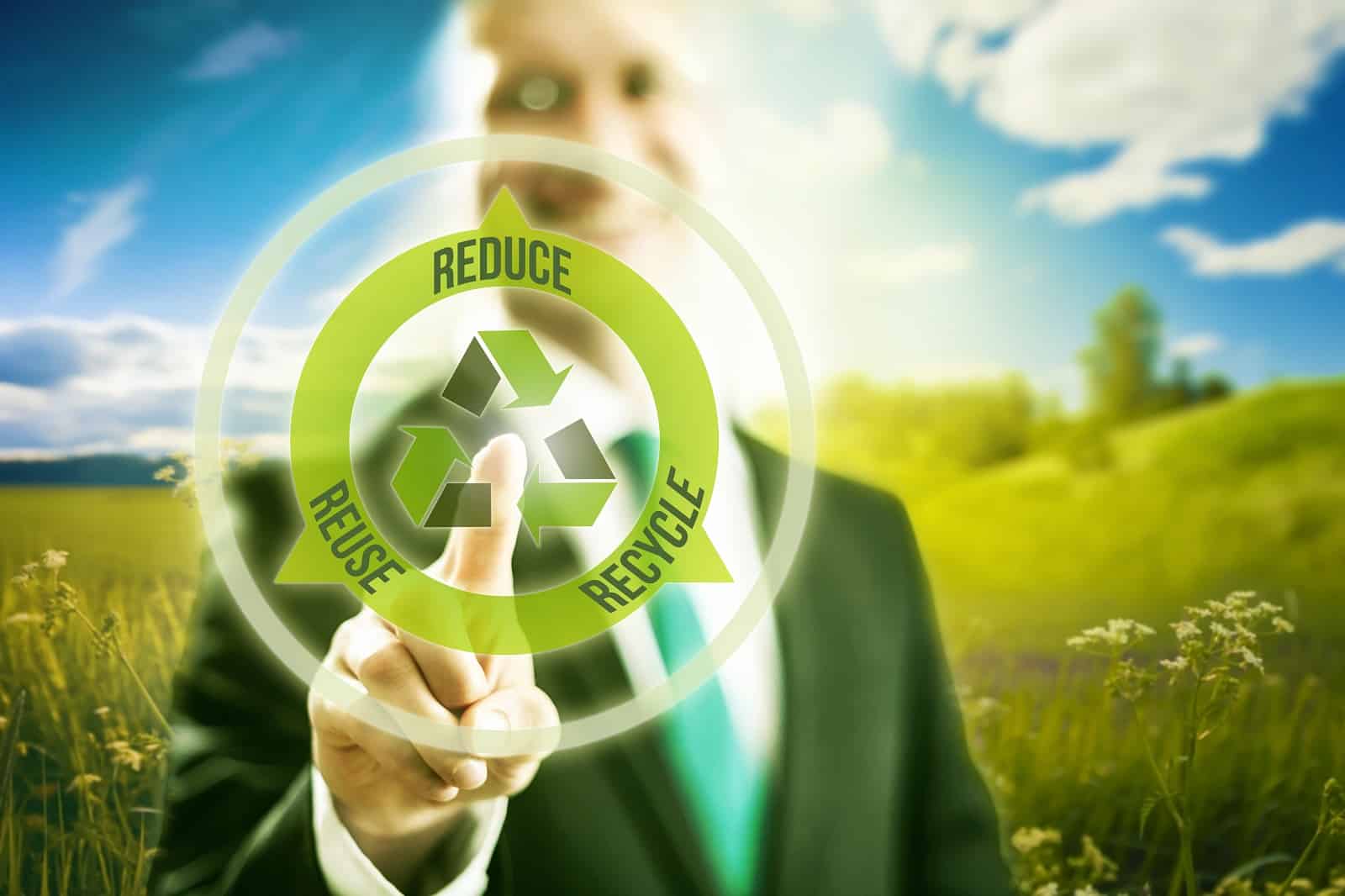
Investing in new mineral processing technology can enhance resource utilization and minimize environmental impact. By focusing on research to enhance extraction methods and reduce waste, we can drive sustainable growth in critical minerals.
Public-Private Collaboration

Working together is key for governments, businesses, and communities when it comes to global critical minerals. Public-private partnerships can lead to new ideas, shared knowledge, and solved issues.
Social Responsibility and Community Engagement

Mineral extraction significantly impacts both people’s lives and economies. Therefore, engaging local communities is crucial. Upholding social responsibility principles, such as fair resource sharing, empowers communities and enhances their resilience against economic shocks.
Ethical Sourcing and Transparency
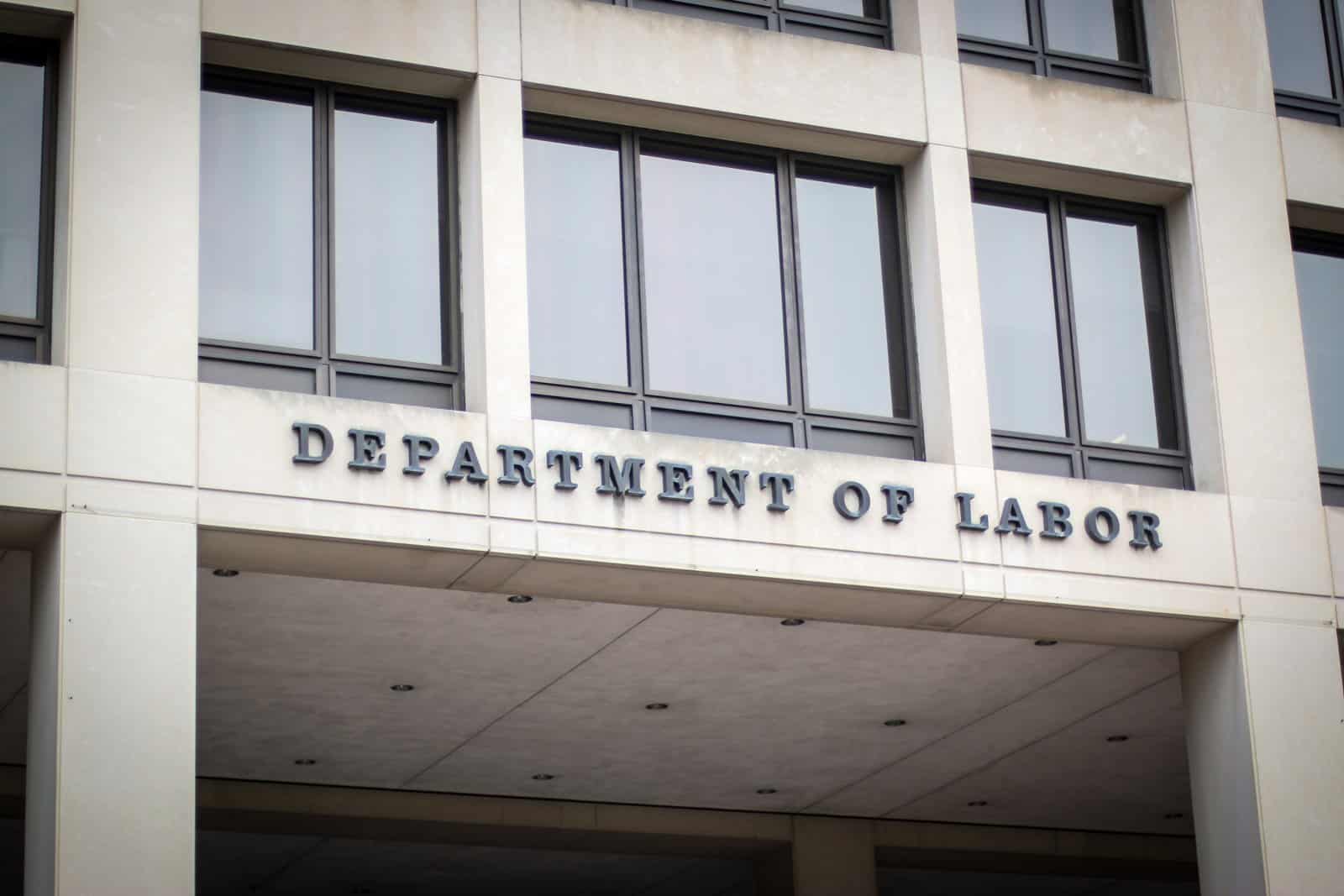
Certification schemes like the Responsible Minerals Initiative (RMI) play a vital role in verifying the ethical origin of minerals and advocating for fair labor practices.
The post U.S. Urged to Enhance African Mineral Policies to Secure Critical Resources first appeared on Wealthy Living.
Featured Image Credit: Pexels / Luis Quintero.
The content of this article is for informational purposes only and does not constitute or replace professional financial advice.





